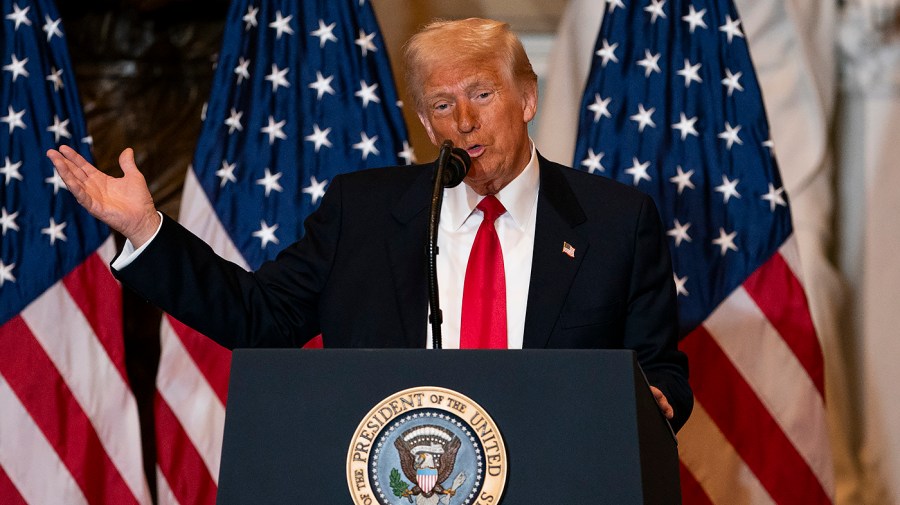Recent news reports indicate that the head of the federal agency dedicated to whistleblower protection has filed a lawsuit against former President Donald Trump, claiming he was illegally fired. This development raises important questions about whistleblower protections and executive authority.
Key Points:
1. The lawsuit alleges illegal termination of the head of a federal whistleblower protection agency.
2. It challenges actions taken by former President Trump.
3. The case highlights ongoing debates about executive power and whistleblower rights.
Background:
Whistleblower protection has been a significant issue in recent years. The Whistleblower Protection Enhancement Act of 2012 strengthened legal protections for federal employees who report wrongdoing. However, challenges remain:
About 30% of government employees still fear retaliation for reporting wrongdoing.
Only a small fraction of employees who file retaliation claims prevail through the legal process.
Recent administrations have sent mixed signals about whistleblower protections.
Potential Impact:
This lawsuit could have several important implications:
1. It may clarify the extent of presidential authority to remove heads of independent agencies.
2. The case could affect how future administrations approach whistleblower protections.
3. It may influence public perception of government accountability and transparency.
Perspectives:
The case has attracted attention from various viewpoints:
Supporters of strong whistleblower protections argue this lawsuit is necessary to uphold the independence of watchdog agencies.
Critics may contend that the president has broad authority to remove appointees, even in independent agencies.
Legal experts are likely to closely watch how courts interpret relevant statutes and precedents.
Broader Context:
This lawsuit occurs against a backdrop of ongoing debates about executive power, government transparency, and the role of whistleblowers in ensuring accountability. It also relates to discussions about the balance between presidential authority and the independence of federal agencies.
Conclusion:
As this case progresses, it will likely contribute to important legal and political discussions about whistleblower protections, executive authority, and government accountability. The outcome could have significant implications for how these issues are approached in the future.









